Abstract 1/2023
Table of content
Jakub Starczewski – Selected issues of shaping the cargo distribution system using cargo bikes within the urban agglomeration
Ryszard Wróbel – Bus fleet replacement strategy at MPK SA in Kraków in terms of optimization of its exploitation time
Daniel Kapica – Assessment of passenger satisfaction with electrically powered buses In Zielona Góra
Martyna Sydorów – Characteristics of urban collective transport in the Gdańsk districts of Przymorze Małe and Przymorze Wielkie
Janusz Kwiatek – 50 years of public transport in Dębica
Abstracts
Jakub Starczewski
Selected issues of shaping the cargo distribution system using cargo bikes within the urban agglomeration
Abstract: The article deals with the issue of improving the efficiency of cargo delivery in agglomerations, using cargo bikes. It is a description of selected issues falling within the scope of the dissertation with the same title. The article presents a mathematical model of the delivery system, including elements that have been identified: the criterion for evaluating the system’s effectiveness, the model of demand for the cargo delivery, the methods of vehicle routing and the methods of choosing the reloading points’ location. An approach to the evaluation of cargo delivery systems was proposed by identifying an efficiency assessment indicator, which takes into account the economic dimension of the technological process and the assumptions of the sustainable development strategy. The research includes the characteristics of two simulation experiments. First was conducted using the proposed method of statistical analysis of the effectiveness evaluation indicator and the heuristic method – the center of gravity method. Second was consisted in evaluating three vehicle routing methods. The article was summed up with conclusions from the presented research. Moreover, further directions of research and development of the subject were proposed.
Key words: cargo bike, cargo distribution, urban logistics, vehicle routing problem, facility location problem
Ryszard Wróbel
Bus fleet replacement strategy at MPK SA in Kraków in terms of optimization of its exploitation time
Abstract: Bus exploitation in the MPK SA in Kraków is part of the Company’s activity, which is separated in terms of its subject matter and, at the same time, merged by the organisational structure into a single company organism. Separation of activities concerns only the executive level of the transport service and maintenance of technical efficiency of the rolling stock. Buses of the MPK SA in Kraków are not the only vehicles providing transport services in Krakow. In the transport market, the MPK buses have to compete with the vehicles of another operator, i.e. Mobilis Sp. z o.o., which has been providing its services in Kraków since 2008. The article briefly presents the Company’s bus fleet replacement policy.
Key words: urban transport, public transport, exploitation of bus fleet, strategy of fleet replacement
Daniel Kapica
Assessment of passenger satisfaction with electrically powered buses
Abstract: In view of the requirements to provide an adequate number of zero-emission vehicles operating in public transport systems, it is important to know passengers’ opinions about the new vehicles. The aim of this article is to present the results of a survey conducted among public transport passengers in Zielona Góra following the introduction of electrically powered buses. The first part of the article presents the surveys to be carried out among passengers and shows that comfort and ecology are features that make up the overall assessment of transport service quality. The next part describes the public transport system in Zielona Góra in operation when the survey was carried out. This was followed by a presentation of the questions asked to passengers and their responses. On the basis of the answers given, it was concluded that electrically powered buses were positively received by public transport passengers in Zielona Góra, mainly due to their lack of noise emissions and their environmental performance.
Key words: public transport, electric bus, satisfaction assessment, quality of public transport
Martyna Sydorów
Characteristics of urban collective transport in the Gdańsk districts of Przymorze Małe and Przymorze Wielkie
Abstract: The goal of the article is to characterise public transport in Gdańsk on the example of two districts – Przymorze Małe and Przymorze Wielkie, considering spatial and temporal accessibility. The study was based on an analysis of the schedules of urban buses, tramways and the Fast Urban Railway in the Tri-City available on the Internet. Commuting times by public transport were determined based on five key locations within this area, which is of tourist, recreation and service importance. The base was the first stops of the daily lines located in ten districts of Gdańsk: Chełm, Nowy Port, Oliwa, Osowa, Stogi, Śródmieście, Ujeścisko-Łostowice, Wrzeszcz Górny, Zaspa Rozstaje and Żabianka-Jelitkowo-Wejhera-Tysiąclecia. The analysis determined the link between public transport in two residential neighbourhoods of Gdańsk, which are of natural and tourist values. In consequence, general conclusions were drawn. There is a communication system developed in this field, with good accessibility in terms of time and space. This public transport system provides possibility to reach most areas of the city. Public transportation in the Przymorze Małe and the Przymorze Wielkie is similarly organised to the rest of the so called Lower Terrace area.
Key words: transit, urban transport, accessibility of transport, urban mobility
Janusz Kwiatek
50 years of public transport in Dębica
Abstract: Dębica is a town located in the western part of the Podkarpackie Voivodeship, on the Wisłoka River, in the Sandomierska Basin and at the northern end of the Strzyżowski Foothills. The Municipality of Dębica is the organiser of public transport services provided within its administrative borders and within the administrative borders of the neighbouring municipalities that have concluded relevant agreements with the Municipality of Dębica, i.e. Dębica (rural municipality), Czarna, Żyraków and Pilzno. The performance of public transport is outsourced to the Operator – an internal entity of the Municipality – on the basis of a long-term contract signed with the organiser. The operator is the Miejska Komunikacja Samochodowa Sp. z o.o. (Municipal Car Transport Ltd.) in Dębica. The article presents the history of the development of public transport in Dębica on the occasion of the 50th anniversary of its operating held in 2022.
Key words: public transport, urban public transport, history of city transport
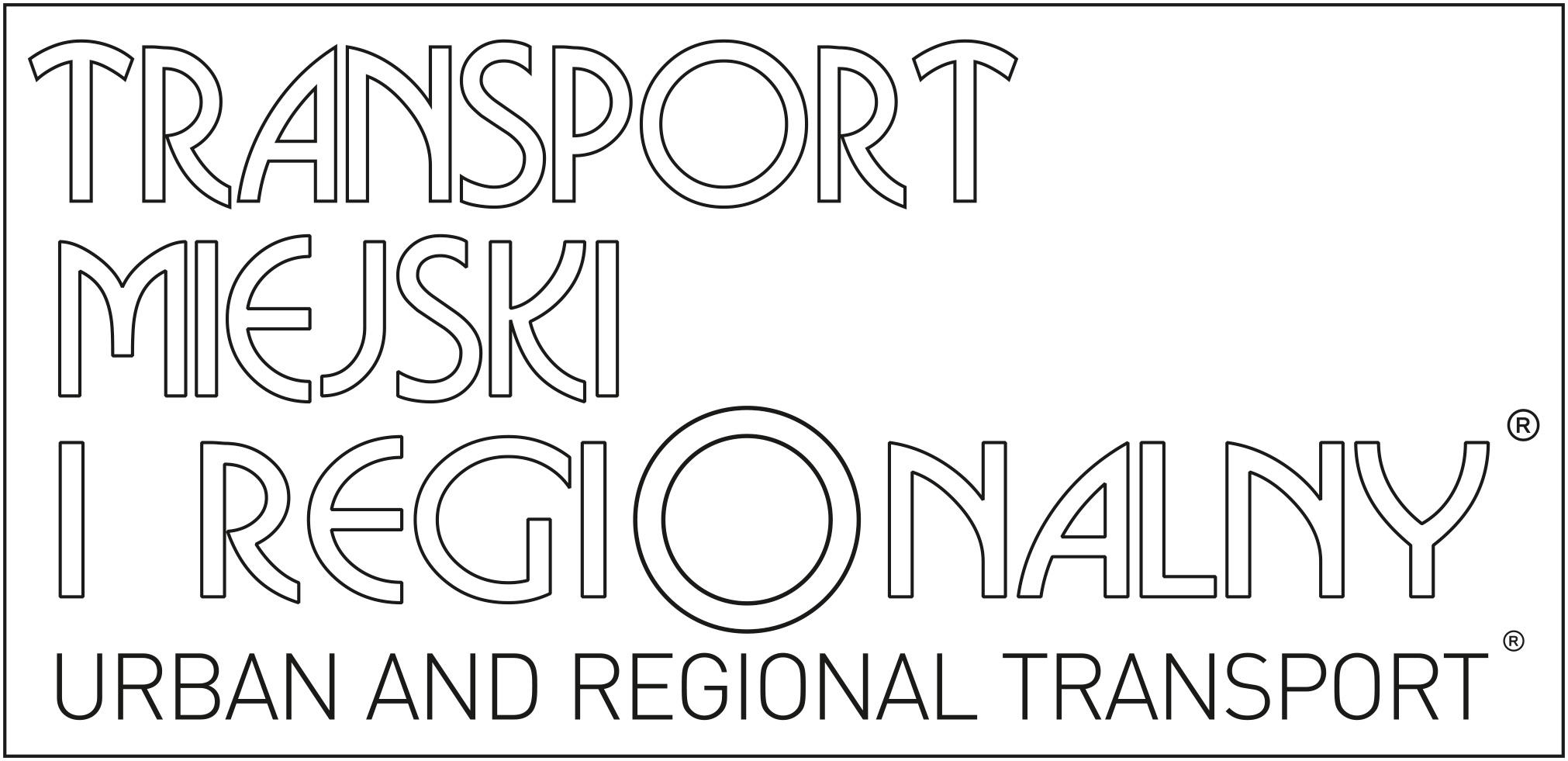
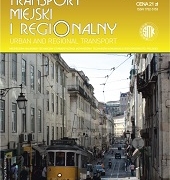
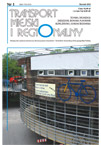 SITK RP
SITK RP 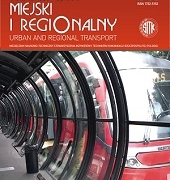
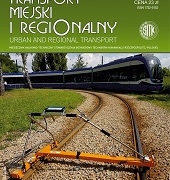
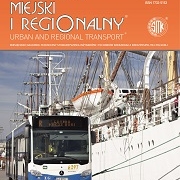 SITK RP
SITK RP 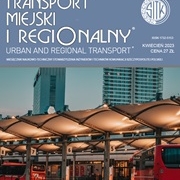 SITK RP
SITK RP 
 SITK
SITK SITK
SITK